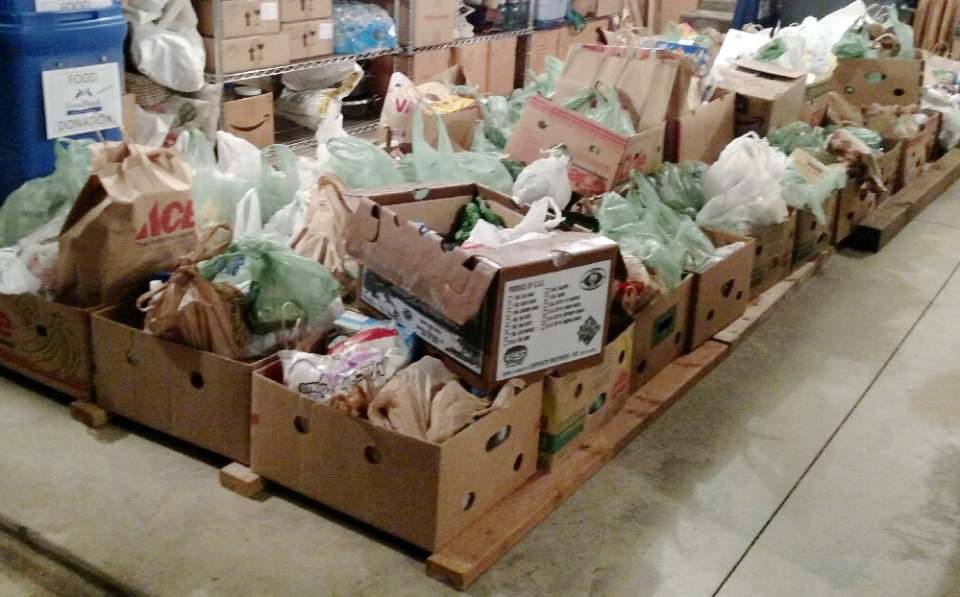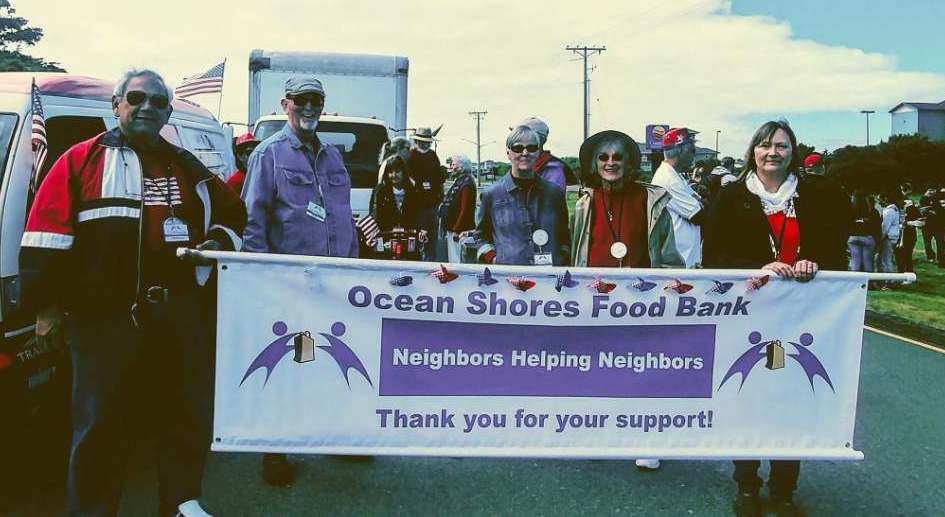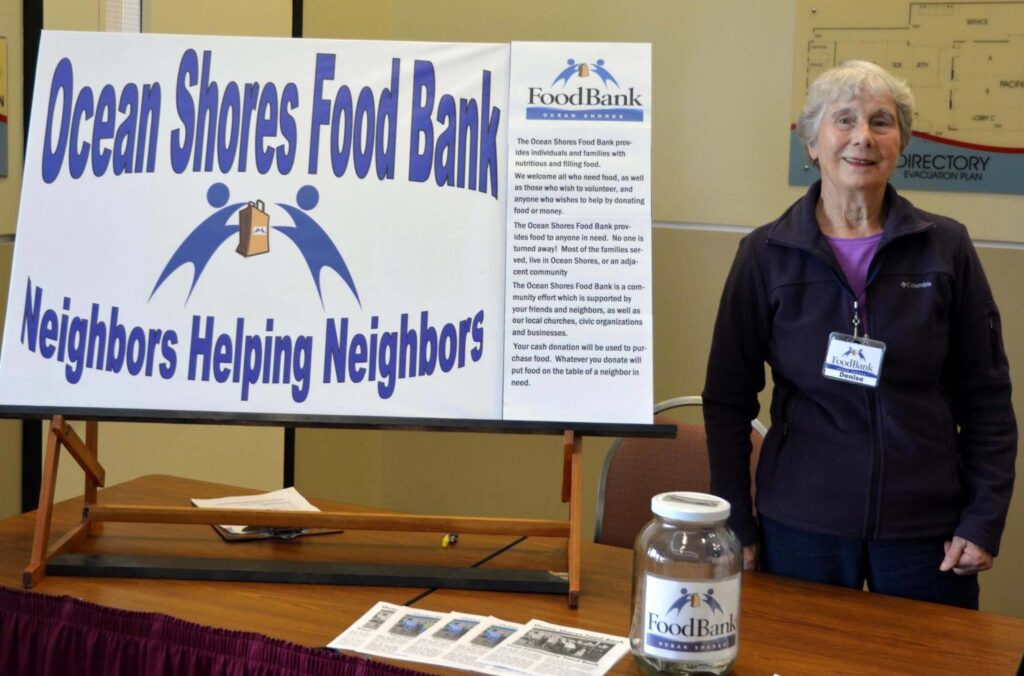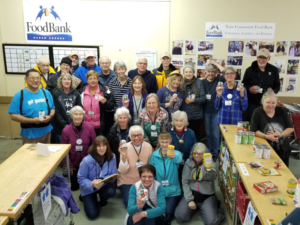
Like many nonprofits, the Ocean Shores Food Bank (OSFB) is an all volunteer run organization. Volunteers handle every task, from stocking shelves to assisting clients to raising money and awareness. It wasn’t on their list of tasks to create a literacy program, but when volunteers found books at the bottom of a food collection bin a year and a half ago, that’s exactly what they did. The Books for Kids program is one example of how an idea from volunteers turned into an innovative way for the food bank to operate. That program has now expanded to providing books for two other food banks.
Leon Brauner, volunteer at the OSFB, will be the first to say, “Our strength is in our volunteers.” Brauner emphasizes the importance of listening to volunteers and welcoming their contributions. This is especially important because, as Brauner asserts, “Each volunteer is the face and voice of the food bank to a member or group of members of the community.” They are the human connection between an organization and the community in which it operates.

Another successful innovation sparked from volunteer contribution: the switch from giving clients bags of pre-packed food to a grocery store format. Volunteers who interfaced with clients knew that allowing clients to make their own food choices would create a happier distribution atmosphere. It would support better volunteer-client interactions also. And they saved money by not giving out foods that clients didn’t actually like! Brauner recognizes that “keeping volunteers engaged and appreciated is the key to our success. The first time I began to volunteer, there were 15 volunteers. Today there are nearly 80.”

Brauner shares insights about how to run a successful volunteer program:
- Try to understand and evaluate a new volunteer’s skills and tools. Ask them what they would like to do. Sometimes the person who may be an intellectual would prefer to do nothing but unload trucks. Find useful and, as much as possible, meaningful work for the volunteer. Listen and act upon volunteer ideas and suggestions. Observe your volunteers so that they don’t get placed in a situation that might harm either themselves or others.
- Through a concise and informative handbook and peer-to-peer instruction, establish clear guidelines and expectations. If it isn’t a good fit, make it easy for a new volunteer to opt-out, even go so far as to help them find another group that may benefit from their help.
- While it is important to increase the responsibilities of those volunteers who show extraordinary dedication to the work of the food bank, it is equally important that those volunteers who “just” do the regular tasks are recognized and shown appreciation.
- It is important to protect against an old guard becoming complacent and in control. Bringing new people into the mix of established leaders will help provide a source of new leadership.
- While it may be useful to have one or more volunteers on the organization’s board, there is a great benefit in the creation of a strong middle management group that has board delegated operational decision-making authority. The volunteers then have some control over how the food bank operates, and with that comes pride and investment of self.

The small, all-volunteer organizations (often in rural areas) do vital work and are just as important as organizations with paid staff. Washington Nonprofits strives to provide learning and networking opportunities throughout the state, including in rural areas, for organizations of all sizes. There is still work to be done, but recognizing the strength found in nonprofit volunteers is a great step in the right direction.
The Ocean Shores Food Bank mission is, “So no one in our community goes hungry.” They are an all-volunteer organization working to help alleviate hunger in their community. They regularly attend learning events offered by Washington Nonprofits in partnership with the Grays Harbor Community Foundation and the Grays Harbor College in Aberdeen. They have been a Washington Nonprofits member since 2015.
